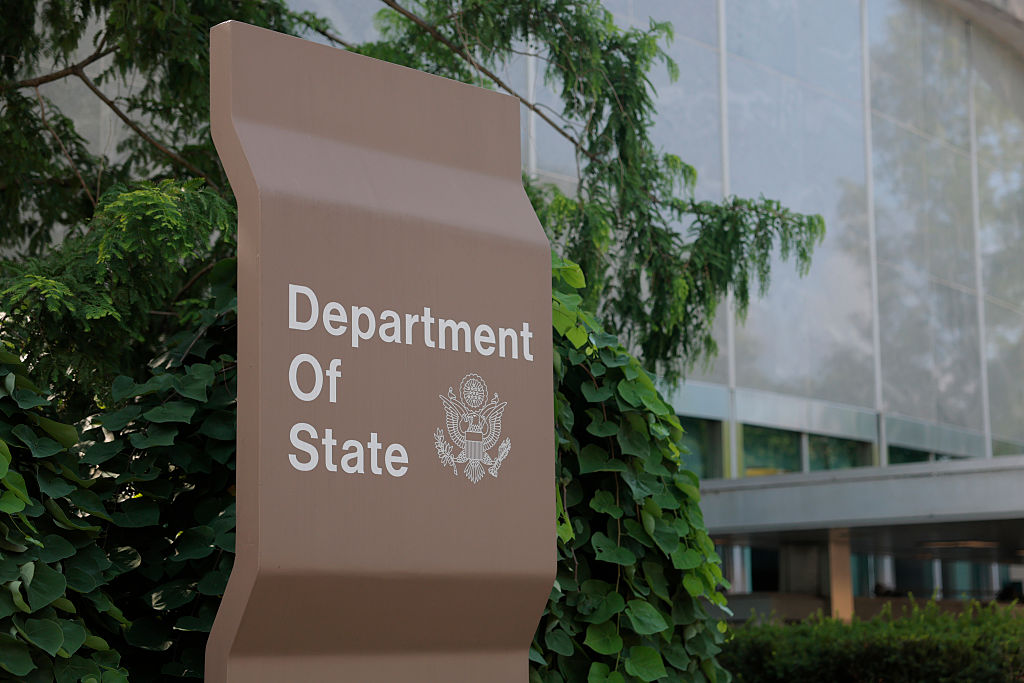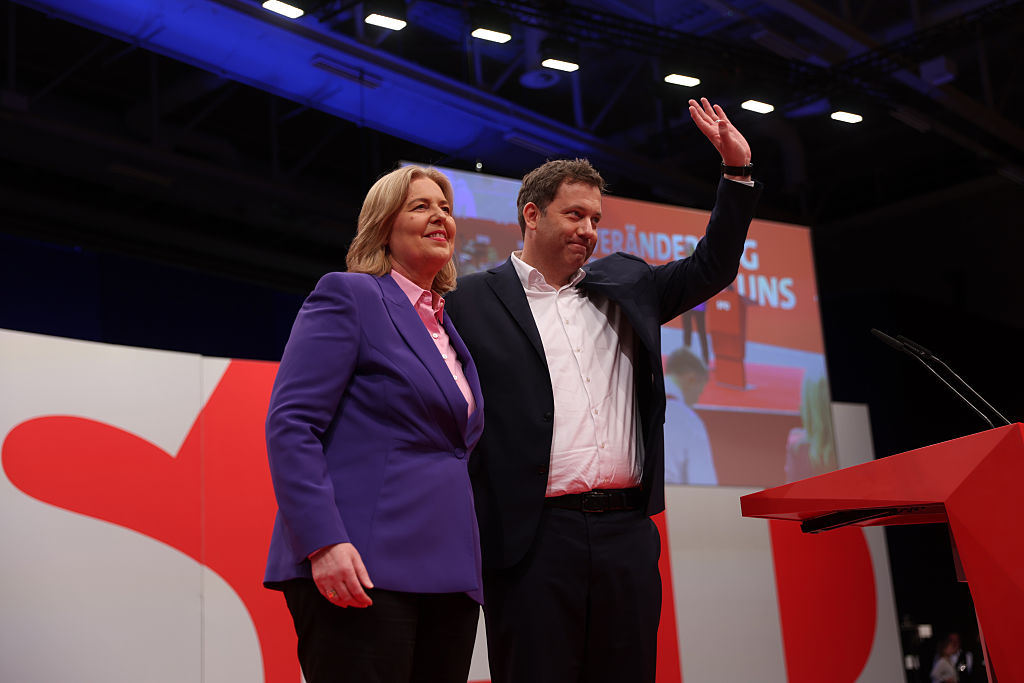Earlier this month, we led a delegation to Brussels and London to see how aggressive European speech regulations affect American free speech rights in the digital town square. What we saw shocked us.
Last Congress, the House Judiciary Committee examined how the Biden administration pressured social media companies to limit free speech in America. We successfully fought back against that overreach. But today, the most serious risk to free speech comes from across the Atlantic.
In August 2024, during our investigation, Meta CEO Mark Zuckerberg admitted to the Committee that “senior officials from the Biden administration, including the White House, repeatedly pressured our teams for months to censor certain COVID-19 content, including humor and satire.” Zuckerberg acknowledged that “the government pressure was wrong”. Most importantly, Zuckerberg committed to not doing so again, and Meta made policy changes that promoted free speech on the company’s platforms, including Facebook and Instagram.
Today, robust debate has returned to the modern digital town square, supported by the Trump administration’s efforts to root out the censorship-industrial complex in the United States.
Despite these achievements, American free speech remains at risk. The threat now comes from foreign censorship laws that seek to have global effects, including here in the United States.
Countries around the world, particularly in Europe, are giving themselves new censorship powers by enacting vague laws that require limitations on free speech online. Because most of the large tech companies have global content moderation policies, any changes to these policies will affect what content Americans can see and post within the United States, too.
For example, the European Union’s Digital Services Act (DSA) and the United Kingdom’s Online Safety Act (OSA) both require large social media platforms to assess and “mitigat[e]” – that is, censor – content that includes undefined categories of so-called disinformation and hate speech.
As non-public documents obtained by the Committee show, European regulators push companies – including American tech companies – to change their terms of service and target political speech. Many of these laws also require adults to risk their privacy and anonymity when engaging in political debate on platforms that make up the modern town square.
To the extent there was any doubt about the intention of these laws, Thierry Breton – one of the architects of the DSA and the first European Commissioner in charge of its enforcement – appeared to attempt to use the DSA to censor American political speech in the lead-up to our 2024 presidential election. Breton issued his warning to Elon Musk, an American, ahead of an interview with President Trump on X, an American platform, because of the potential “spillovers” into the EU.
Think about that. An unelected European bureaucrat appeared to threaten an American social media company for hosting an interview with an American candidate in advance of an American election because the content could offend Europeans. Talk about a dangerous precedent.
To ensure compliance with their censorship regime, European regulations give bureaucrats the authority to impose massive penalties. The maximum penalty under the DSA is six per cent of worldwide revenue, and for Britain’s Online Safety Act, it is 10 per cent of worldwide revenue.
By tying the punishment to worldwide revenue – the bulk of which is from the United States – instead of the local jurisdiction, these laws amount to a direct tax on Americans to fund European governments that have strangled their own economies.
The DSA and the OSA are not the only European regulations taxing American companies. Europe has levelled regulation on top of regulation for years that have hurt its own companies big and small, especially those in the tech industry. Europe’s economy, once on par with ours, has fallen far behind.
While Europe struggles with a surging migrant crisis and a stagnant economy, it looks to American companies and consumers to bail it out. Instead of fixing these problems, Europe’s leaders revert to censoring critics of their failing policies.
Free speech is a fundamental part of Western democracies. We disagree with the emerging censorship regime in Europe and we hope, for the sake of their citizens, that our European friends rethink their misguided policies.
European governments are obviously free to set their own laws, but we can’t be silent when these laws harm the First Amendment rights of American citizens. We must continue to stand up for free speech here. Our investigation will continue.
President Trump and Vice President Vance have also made this threat of European censorship a top priority. We encourage the Trump administration to continue taking all steps to protect Americans’ right to free expression online.
Rep Jim Jordan, Rep Scott Fitzgerald, and Rep Kevin Kiley are US Congressmen and serve on the House Judiciary Committee





